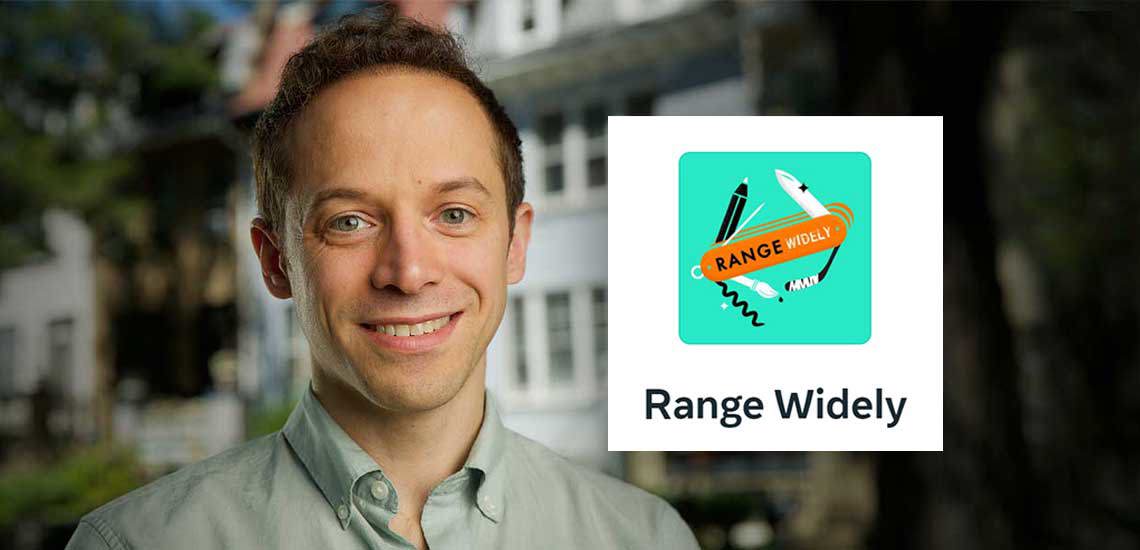Why Propaganda Works: The ‘Illusory Truth Effect’
05 Apr 2022

It’s no secret that the Russian government is a master of misinformation. But with the war in Ukraine, the country has taken propaganda up to a new level. This has so concerned New York Times bestselling author, science writer and APB exclusive speaker David Epstein, that he recently spoke with Lisa Fazio, a Vanderbilt University psychologist who studies misinformation about why propaganda works. He published their conversation in his Range Widely newsletter.
In the post, the pair discuss the “Illusory Truth Effect,” which helps spread propaganda. So, what exactly is it? Fazio says it is a term we use for the finding that when you hear something multiple times, you're more likely to believe that it's true—even when you know it’s not. As an example, she says, studies have shown someone can be shown a kilt but it is being called a sari. Most of us are likely to think that’s wrong. However, if we see it called a sari again, most of us still think it’s wrong but we give it a slightly higher likelihood that it is true. The more repetitions, the more viable it becomes.
The good news, though, is that misinformation can be fought against. Fazio offers several solutions. “I do think it requires revamping some of the ways that information is currently spread,” Fazio says. “Right now, there are so many ways that the advantage is with people pushing disinformation. And there's not one simple fix to it, but I think it's the case where if we did a bunch of small fixes, we'd be in a much better place. So, one simple thing social media companies can do is provide more scrutiny of larger accounts and accounts with more followers. Around the 2020 election, the Election Integrity Partnership found that a small number of accounts were spreading most of the disinformation about the U.S. election.”
Fazio adds another fix is to add metadata to photos and videos to prevent some of the cheap fakes. “So there's a set of photos that we know will be used anytime there's a new conflict, as evidence of missile strikes,” she says. “And having that set up so that it's easy to identify—that this is reused, this is a photo that someone took four years ago—would prevent a lot of easy-to-create misinformation we're seeing right now.”
Range Widely newsletter is available live on Bulletin. In addition to the newsletter, Epstein is the author of Range: Why Generalists Triumph in a Specialized World. The book examines the world’s top performers, from professional athletes to artists, scientists, entrepreneurs and Nobel laureates. He discovered that in most fields—especially those that are complex and unpredictable—generalists, not specialists, are primed to excel. Generalists often find their path late, and they juggle many interests rather than focusing on one. They’re also more creative, more agile and able to make connections their more specialized peers can’t see.
Epstein is also the author of The Sports Gene: Inside the Science of Extraordinary Athletic Performance. Epstein was previously the host of Slate‘s popular “How To!” podcast, and a science and investigative reporter at ProPublica. Prior to that, he was a senior writer at Sports Illustrated, where he co-authored the story that revealed Yankees’ third baseman Alex Rodriguez had used steroids. His TED Talks have been viewed more than 10 million times.
